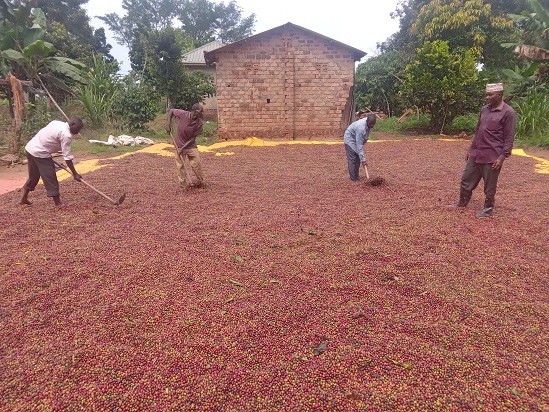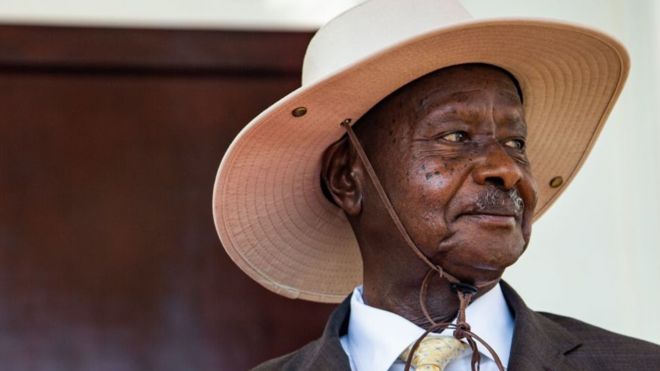By Mariam Yinusa and Edward Mabaya
Monica Musonda, CEO of Zambian food processing company Java Foods, certainly faced hurdles in her rise to the top, but she overcame them.
“Although the barriers to entry for women can be frustrating, they are often basic and relatively easy to resolve,” she said, playing down her struggles. “My climb up the agribusiness ladder has been challenging but definitely worthwhile.”
Musonda, whose company produces affordable and nutritious food snacks made from local ingredients, is one of just a handful of female agripreneurs who have successfully broken through the proverbial glass ceiling in Africa’s agribusiness industry.
Women are the backbone of Africa’s agricultural sector. From farm to fork, African women are players along the entire agricultural value chain, be it as farmers, livestock breeders, processors, traders, workers, entrepreneurs or consumers. While their influence on the continent’s growing agribusiness industry is undeniable, more solutions are needed to address the gender-specific challenges they face to boost their participation.
The average African woman is a budding entrepreneur either by choice or by circumstance.
According to the Global Entrepreneurship Monitor Women’s Report 2016/17, the continent has the highest percentage of female entrepreneurs in the world, with one in four women starting or managing a business.
The agribusiness industry is often the natural focus of this entrepreneurial drive.
Across the continent, women dominate as primary processors post-harvest, as traders with bustling market stalls, as owners of fast food restaurants and with increasingly frequency as manufacturers of packaged ready-to-eat food products.
Yet despite this dynamism, female-led agribusinesses tend to remain small, fragmented and informal in nature. They struggle to sustain and scale-up their agribusinesses into well-organized profitable enterprises.
Admittedly, the challenging business environment in many African countries including poor infrastructure and unreliable legal and regulatory systems affects all business activities of both men and women.
However, in addition women-led businesses must also grapple with a number of gender-specific constraints, inhibiting their expansion into more lucrative market segments.
Firstly, African women often lack the technical know-how.
Despite the gains in female education on the continent, highly productive agribusinesses require specialized vocational and technical skills in fields such as food safety, food conservation, packaging and product certification which many African women do not readily possess.
Access to finance is the most frequently cited obstacle by African SMEs. Women entrepreneurs face multiple difficulties in securing funding mainly due to lack of collateral in the form of land and other tangible assets and a high-risk perception.
According to the African Development Bank, an estimated $42 billion financing gap exists for African women across business value chains, including $15.6 billion in agriculture alone.
Women are forced to rely on personal savings and family loans which are rarely enough to fund their businesses to scale.
Thirdly, socio-cultural barriers and stereotypes persist. African women remain the primary caregivers in families meaning that managing those responsibilities while growing a thriving business can become a difficult balancing act.
Over the last two decades, many governments and development institutions have rolled out programs to promote access to finance agricultural inputs and provide technical support and business training to female agripreneurs.
The African Development Bank recently set up the Affirmative Finance Action for Women in Africa (AFAWA), a bold pan-African initiative to bridge the financing gap facing women.
It adopts a three-pronged approach centered on improving access to finance, providing technical assistance and strengthening the enabling environment.
It often takes very little to make a difference. The capital injection required by the majority of female led SME agribusinesses on the continent is typically less than $50,000.
And women have consistently proven to be more credit-worthy than men, usually paying back loans within agreed timeframes.
Successful solutions by women for women such as microfinance and saving groups, peer-to-peer training and information sharing should also be reinforced and taken to scale.
More of such initiatives are urgently needed across the continent. Solutions must be based on in-depth engagement with the women business owners themselves to properly understand their frustrations and needs.
Tailored programs designed to specifically address these pain points are critical. The Global Gender Summit is a timely opportunity to drive this forward.
Women are central for Africa’s agricultural transformation to be successful, sustainable and inclusive.
More African female agripreneurs must be supported to grow and progressively transition into the business segments of agricultural value chains which are most profitable. It has been proven time and time again that when African women thrive the entire society shares in those dividends.
Mariam Yinusa and Edward Mabaya are Principal Economist and Manager, respectively, in the Agribusiness Development Division of the African Development Bank.





